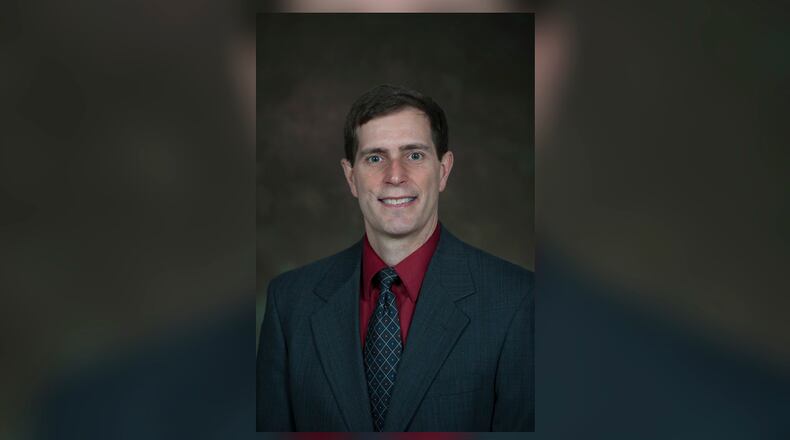While most Americans may not be able to diagnose it, there is no doubt that everyone feels it. In a world screaming for equality, we are finally getting it, in that everyone who fills their tank with gas or who goes to the store to buy hamburgers for the Fourth of July is seeing their dollars buying less. Our politicians (both in the Trump and Biden administrations) added $7 trillion to our national debt over the last two years, and approximately $5 trillion of that was directly monetized by the Federal Reserve. This alone explains why we have the inflation we have today, as inflation is always and everywhere a monetary phenomenon, as Milton Friedman always and everywhere argued. There are, of course, other issues that are relevant, such as the question of whether President Biden’s last $1.9 trillion in spending was the gas on the fire, and how much do supply chain issues still contribute to higher prices. While Mr. Biden’s continuing cries of “Putin’s Price Hike” are clearly an obfuscation of price increases that began well before Russia’s invasion of Ukraine, the invasion is clearly making a bad situation worse.
So, what can we do about this inflation? For the most part, the average American can’t really do much, as the price increases we are seeing are necessary adjustments that must take place when we have flooded $5 trillion in new money into the economy. The Federal Reserve has finally stopped the monetary spigots (not until March!) and has gradually started increasing interest rates, which is slowing inflationary pressure, but there is still latent inertia and higher prices in the system (such as increasing rental prices as annual leases are renewed). The greater risk now is that the Fed, after figuratively driving over the economy in its large SUV, will now try to help the patient by putting the SUV in reverse and driving back over it, leading us into a recession. What should the Fed be doing? We can’t fix the malpractice done in the last two years, but at this point interest rates should come up quickly to a more neutral rate and the Fed should monitor money creation carefully to ensure a stable rate of growth to avoid a recession.
For individuals, we don’t need experts to tell us how to react to inflation — higher prices already provide the incentive for each of us to conserve where possible and spend less. For those subject to higher costs as interest rates increase (such as revolving credit card balances), concentrating on reducing those items is the best strategy. We’re now on a Saturday morning after a two-year Friday night drunken binge on new credit — the hangover is here. Let’s just all agree not to do this again.
Jeff Haymond, Ph.D., is the dean of the school of business at Cedarville University.
About the Author
